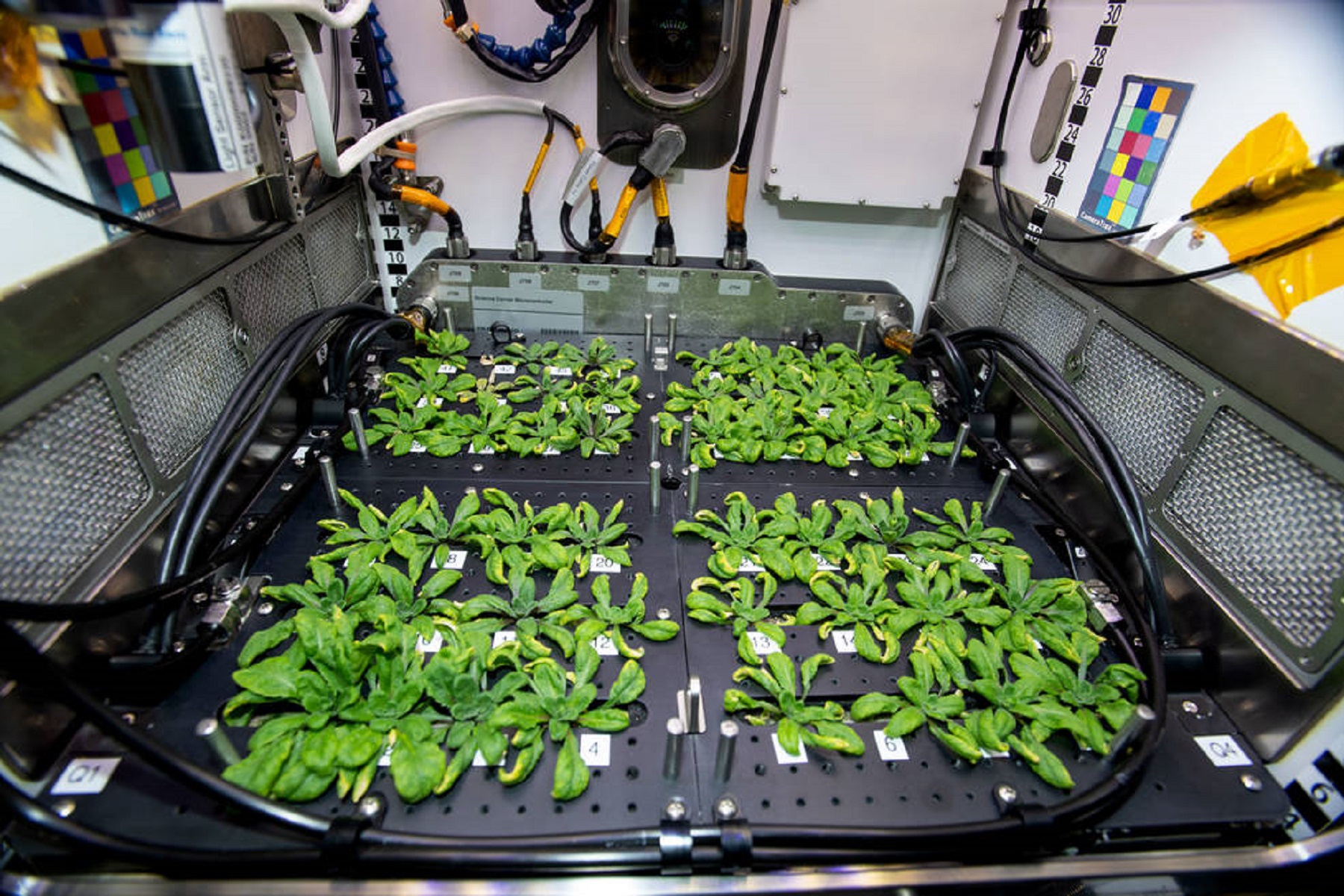NASA to Discuss Science on Next SpaceX Cargo Launch to Space Station

NASA will host a media teleconference at 2 p.m. EDT Tuesday, May 30, to discuss the next science investigations, technology demonstrations, crew supplies, and hardware bound for the International Space Station aboard SpaceX’s 28th commercial resupply services mission for the agency.
Audio of the media call will stream live at:
NASA and SpaceX are targeting launch no earlier than 12:35 p.m. EDT Saturday, June 3. The SpaceX Dragon spacecraft, carried on the company’s Falcon 9 rocket, will lift off from Launch Complex 39A at NASA’s Kennedy Space Center in Florida.
The mission will carry scientific research, crew supplies, and hardware to the space station to support its Expedition 69 crew, including the next pair of IROSAs (International Space Station Roll Out Solar Arrays). Once installed, the solar panels will expand the energy-production capabilities of the space station.
To participate in the teleconference, media must RSVP by 12 p.m. to Lora Bleacher at lora.v.bleacher@nasa.gov. The public can submit questions on social media using #AskNASA.
Kirt Costello, chief scientist for the International Space Station Program at NASA’s Johnson Space Center in Houston, will provide an overview of the research and technology launching aboard the Dragon spacecraft.
Other teleconference participants include:
- Scott Copeland, director for research integration on the space station at Boeing and co-founder for Genes in Space, and Dr. Ally Huang, student mentor and lead research scientist at miniPCR, will represent the Genes in Space-10 investigation
- Dr. Olivier Chanrion, senior scientist in the Department of Astrophysics and Atmospheric Physics at Denmark Technical University, and principal investigator for Thor-Davis
- Tony Pellerin, manager of space science and technology at CSA (Canadian Space Agency), will speak on ESSENCE and Iris, two of the CubeSats sponsored by the International Space Station National Laboratory, and developed by students
- Dr. Anna-Lisa Paul, research professor at the University of Florida, Gainesville, and principal investigator for the Plant Habitat-03 investigation
Cargo resupply from U.S. companies ensures a national capability to deliver critical hardware and science research to the space station, significantly increasing the ability of NASA to conduct new investigations at the orbital outpost. Other U.S. government agencies, private industry, and academic and research institutions also can conduct microgravity research through NASA’s partnership with the International Space Station National Laboratory.
Now in its third decade of operations, the space station continues to advance scientific knowledge in Earth, space, physical, and biological sciences for the benefit of people living on our home planet. The station also is the world’s leading laboratory where researchers conduct cutting-edge research and technology development that will enable human and robotic exploration of destinations beyond low Earth orbit, including the Moon and Mars.
Learn more about the space station, including research and technology, at:





